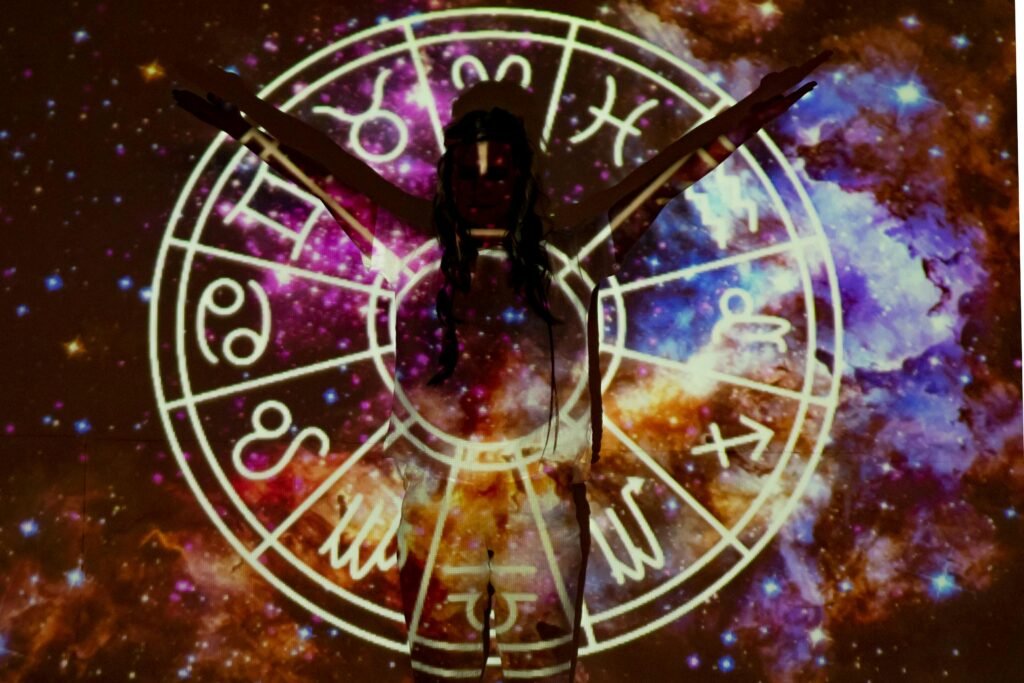
Introduction to AI in Astrology
Astrology has long been a fascinating tool for exploring personality traits, relationships, and life’s greater mysteries.
In recent years, the practice has found itself at an intriguing intersection with cutting edge technology.
Artificial intelligence, known for its ability to process and analyze vast amounts of data, is now being applied to astrology, creating a fresh and modern approach to understanding the stars.
This fusion of ancient wisdom with modern innovation is opening up a world of opportunities for those eager to explore astrology in ways that were previously unimaginable.
Imagine an app that can instantly analyze your birth chart or provide insights tailored to your specific life circumstances; all with just a few taps.
AI-powered astrology does just that. By utilizing advanced algorithms and tapping into massive datasets, these systems go beyond the generalizations of traditional horoscopes.
Instead, they offer nuanced and detailed readings that feel uniquely personal.
For instance, an AI-based astrology platform might consider planetary movements, time zones, and even your location to generate predictions that align more closely with your life.
What makes this blend of AI and astrology particularly exciting is its accessibility.
Once seen as a practice requiring books, charts, and expert guidance, astrology is now as simple as downloading an app.
This ease of access has made it more appealing to a younger, tech-savvy generation who may not have otherwise explored it.
Additionally, the ability to deliver accurate insights in real time has made astrology more relevant in today’s fast-paced world.
Beyond its convenience, the rise of artificial intelligence in astrology is also sparking new conversations about how technology can interact with spiritual practices.
While some people view AI as purely mechanical, its application in astrology is challenging that notion.
For many, it raises thought provoking questions about whether technology can enhance our connection to something as ancient and symbolic as the cosmos.
The idea of combining complex data processing with the intuition of astrology may seem like an unlikely pairing at first glance, but it’s precisely this contrast that makes it so captivating.
As AI begins to transform how we interact with astrology, it’s inspiring users to think differently about what it means to seek guidance from the stars in a world increasingly shaped by technology.
The Technology Behind AI-Powered Astrology
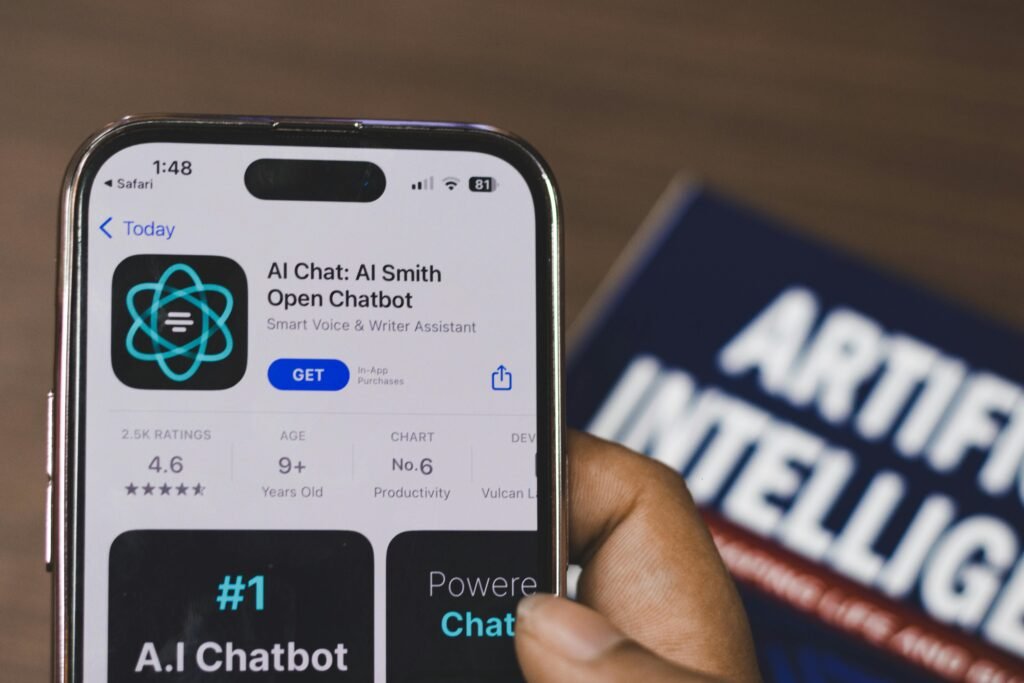
At the core of AI-powered astrology lies advanced technology capable of analyzing and synthesizing complex data with unparalleled speed.
Unlike traditional methods that rely on manual interpretation, artificial intelligence uses powerful algorithms to process vast quantities of astrological information, delivering insights in a matter of seconds.
The ability to sift through astronomical patterns, birth chart details, and planetary alignments at lightning speed gives these platforms an edge in generating highly specific and tailored predictions.
One of the most striking aspects of this technology is its reliance on data. As users interact with AI-driven astrology platforms, they provide valuable inputs that help refine predictions over time.
This feedback loop allows the technology to evolve, learning from a growing pool of user data to enhance its accuracy and relevance.
Through this process, AI doesn’t just analyze past trends but adapts to individual user preferences and behaviors, ensuring its insights feel both dynamic and deeply personal.
Beyond speed and personalization, these systems harness machine learning to uncover patterns that might escape even the most experienced astrologers.
For instance, AI can track historical planetary movements across centuries and identify correlations between celestial events and human experiences.
This level of analysis requires not only immense computing power but also a degree of pattern recognition that traditional methods simply cannot replicate.
The result is a more nuanced interpretation of astrological data, offering users predictions that reflect a higher degree of precision.
In addition to algorithms, AI platforms often utilize tools such as natural language processing to make the content more user friendly.
Instead of dense or overly technical explanations, users are presented with predictions written in a way that feels conversational and relatable.
This focus on accessibility ensures that astrology enthusiasts of all levels can engage meaningfully with their readings.
Ultimately, this combination of computational prowess and user centric design creates a seamless and interactive experience, one that makes exploring astrology through AI both efficient and enjoyable.
Benefits of AI in Horoscope Predictions
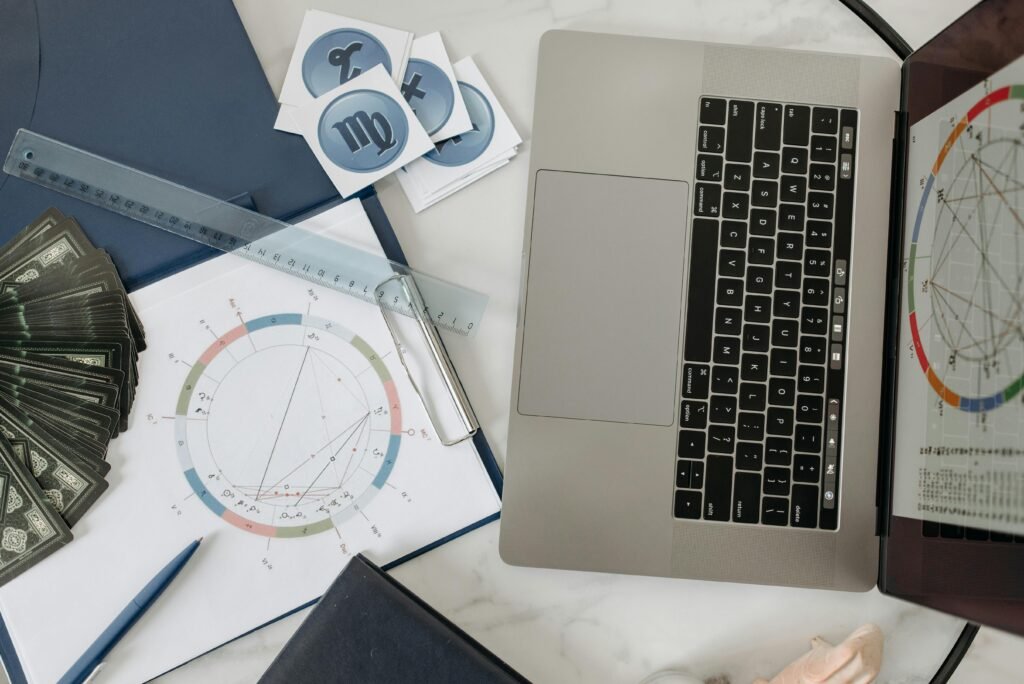
One of the key advantages of using AI in horoscope predictions is the level of customization it brings to the experience.
Unlike traditional horoscopes that often provide broad and generalized insights, AI-driven systems can take into account highly specific details about an individual, such as their exact birth time, location, and even past patterns in their astrological data.
This leads to horoscope readings that feel more closely aligned with each person’s unique circumstances and personality.
Another significant benefit is the speed at which predictions are generated.
AI technology can process massive datasets in seconds, analyzing celestial movements and historical trends far faster than any human could.
This rapid analysis means users can receive detailed insights almost instantly, whether they’re looking for daily guidance or a deeper dive into their long term astrological chart.
It’s an efficiency that fits seamlessly into the fast-paced lifestyles of many modern users.
AI also offers an opportunity for more consistent and objective predictions.
Traditional astrology, while rich in intuitive and interpretive value, can sometimes vary depending on the astrologer’s perspective or expertise.
By contrast, AI relies on data and algorithms, which ensures a level of consistency that can be particularly appealing to those new to astrology or those who appreciate a more analytical approach.
For users who might have been skeptical of astrology in the past, this precision can provide a fresh entry point into exploring the practice.
Perhaps one of the most interesting aspects of AI in astrology is its capacity to evolve and learn.
Through machine learning, these platforms improve over time by analyzing user feedback and incorporating it into their systems.
As more people interact with AI-driven astrology tools, the technology becomes better at identifying patterns, refining predictions, and tailoring them to individual preferences.
This constant evolution means that the readings provided are not static but can grow increasingly nuanced and relevant with continued use.
Beyond individual predictions, AI’s ability to track and analyze large scale astrological trends has the potential to uncover new connections between celestial movements and human behavior.
These discoveries could expand our understanding of astrology as a whole, offering insights that might have remained hidden through traditional methods alone.
This blend of data driven precision and creative interpretation makes the possibilities of AI-powered astrology particularly exciting for those curious about its potential.
Examples of AI Astrology Platforms
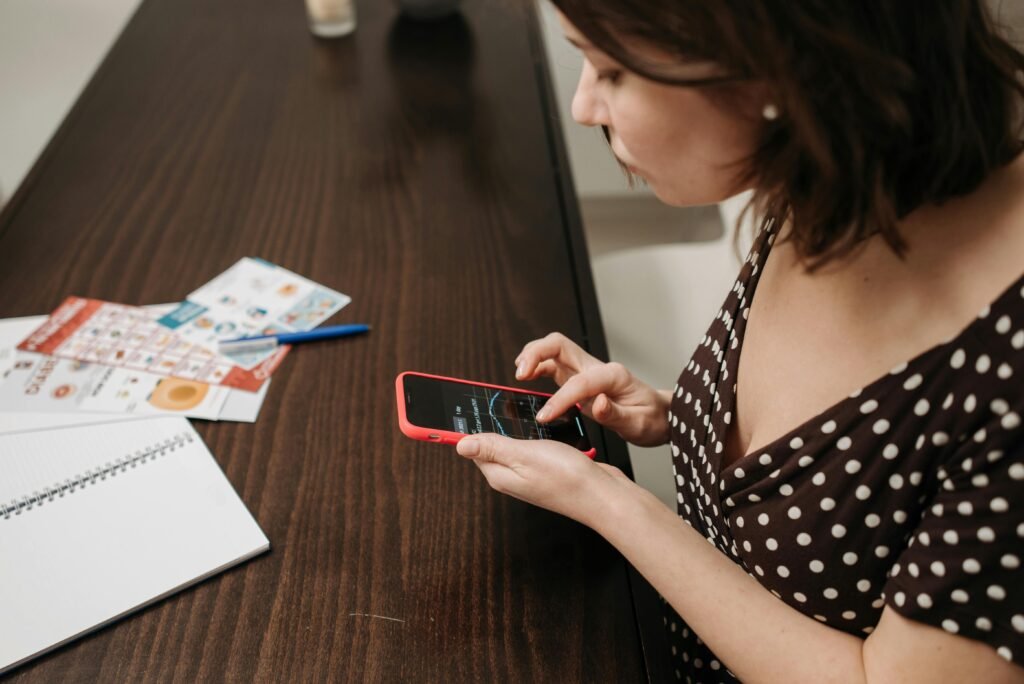
Astrology enthusiasts today have access to an exciting range of AI-powered platforms that are redefining the way people experience horoscope readings.
These apps combine technological sophistication with a user friendly design, delivering insights that feel both deeply personal and incredibly precise.
Among the most popular options are Co-Star, The Pattern, and AstroBot, each of which offers a unique take on merging astrology with artificial intelligence.
Co-Star, for instance, uses NASA data to track planetary movements in real time and applies AI to provide hyper-personalized birth chart readings.
Users receive daily updates that go beyond generic predictions, offering tailored insights into areas such as relationships, career, and emotional well being.
Its sleek, minimalist interface adds to the experience, appealing to those who enjoy intuitive and visually engaging tools.
The Pattern takes a slightly different approach, focusing on identifying patterns in user behavior and life cycles.
It provides in depth analyses of personality traits, timing in relationships, and key moments of transformation in users’ lives.
By leveraging machine learning, the app adapts its insights based on individual interactions, delivering guidance that evolves with the user over time.
Its community focused features also allow users to connect with others based on shared astrological influences, fostering an interactive experience.
AstroBot stands out for its integration of conversational AI.
Users can ask the app questions about their astrological charts or upcoming transits and receive detailed, yet accessible, explanations.
This conversational aspect feels less like reading a traditional horoscope and more like having a personal astrologer at your fingertips.
The platform’s ability to simplify complex astrological concepts into easy-to-understand language makes it particularly appealing to those new to astrology.
What sets these platforms apart is how seamlessly they integrate astrology into modern lifestyles.
Features such as push notifications, daily updates, and compatibility assessments keep users engaged, while AI ensures the insights remain relevant and accurate.
For those looking to explore their charts in more depth, many of these apps offer premium features like full natal chart analyses or compatibility reports, giving users even more ways to connect with the stars.
The combination of accessibility and sophistication makes these tools an exciting gateway for anyone curious about astrology.
Comparison with Traditional Astrology
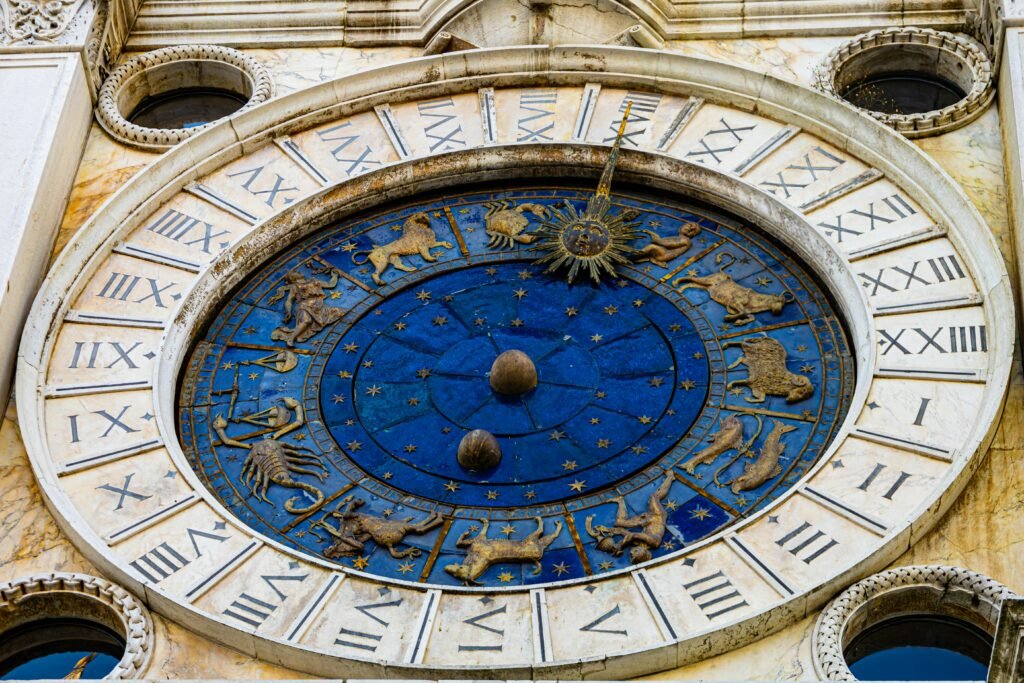
Traditional astrology has always been rooted in human interpretation, relying on the astrologer’s intuition, experience, and understanding of celestial patterns.
Each reading is often shaped by the practitioner’s unique perspective, bringing a deeply personal touch to the experience.
However, this very reliance on human expertise can result in varying interpretations, with no two astrologers delivering identical readings for the same chart.
In contrast, AI-powered astrology offers a radically different approach. Instead of intuition, it harnesses the power of algorithms and massive datasets to analyze astrological information with unmatched precision and consistency.
While traditional astrologers might spend hours manually calculating and interpreting birth charts, AI can process this information in seconds, delivering insights instantly.
This speed not only saves time but also makes astrology far more accessible to those seeking quick yet detailed predictions.
Another difference lies in the ability to scale and adapt.
A human astrologer, no matter how skilled, can only provide a finite number of readings due to time constraints.
AI systems, however, can cater to millions of users simultaneously without sacrificing the quality of the analysis.
These platforms also grow smarter over time, using machine learning to refine their predictions based on user feedback and historical data.
This dynamic evolution is something traditional astrology, rooted in static techniques, cannot achieve on its own.
The tools themselves also highlight key distinctions.
Traditional astrology often involves consulting physical books, handwritten charts, and personal consultations, creating a tactile and immersive experience.
Meanwhile, AI platforms offer sleek, user-friendly digital interfaces with features like push notifications, compatibility assessments, and conversational AI that allow users to ask questions in real time.
For individuals accustomed to modern technology, these tools make astrology feel fresh and approachable.
Despite these contrasts, both approaches have their strengths.
Traditional astrology provides a spiritual and emotional connection through the human element, offering readings that feel deeply personal and intuitive.
On the other hand, AI-powered astrology appeals to those who value speed, consistency, and the ability to explore astrology on their own terms.
Each method offers a unique way of engaging with the stars, catering to the diverse interests and needs of today’s astrology enthusiasts.
Future of AI in Astrology
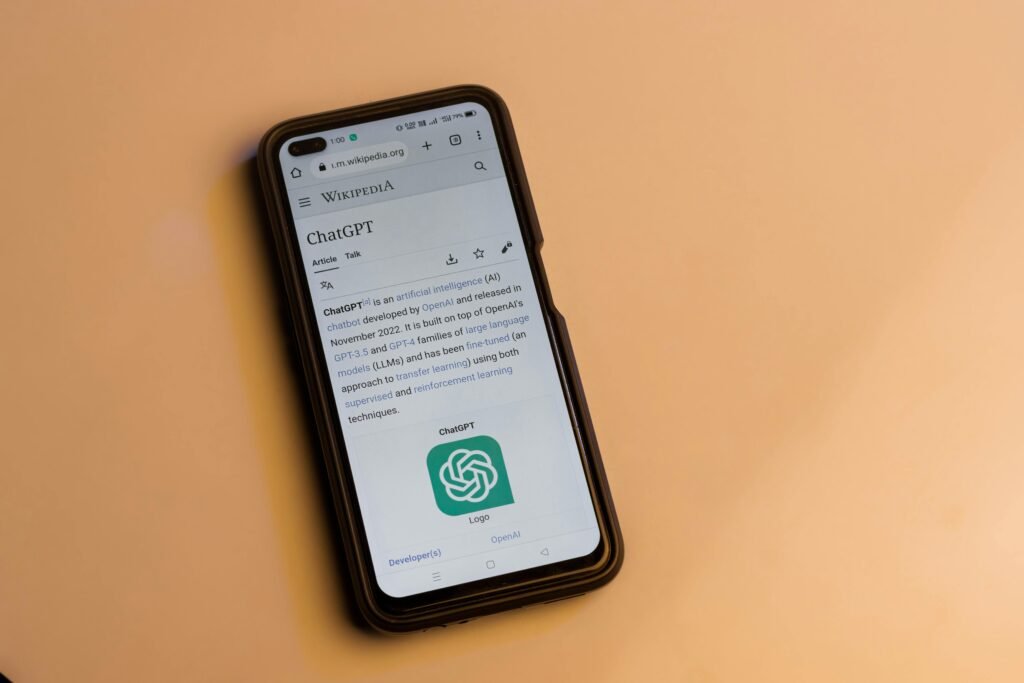
As artificial intelligence continues to evolve, the possibilities for its application in astrology are expanding in ways that were once unimaginable.
Picture a future where AI not only provides hyper accurate horoscope predictions but also integrates seamlessly into wearable devices, voice
activated assistants, or even augmented reality.
Imagine receiving celestial insights through your smartwatch or having a personalized astrological reading delivered during your morning coffee routine via a smart speaker.
These advancements could make astrology an even more integrated and effortless part of daily life.
One area with transformative potential is predictive modeling.
By harnessing even larger datasets and more sophisticated algorithms, AI could offer forecasts that account for long term planetary cycles, historical trends, and individual preferences in ways that go far beyond the scope of current methods.
For example, platforms might predict not just personal emotional patterns but also provide real time guidance for timing significant life decisions like career changes or moving to a new city.
The depth and breadth of such predictions could redefine what it means to rely on astrology for insight and direction.
Additionally, as AI systems grow more intuitive through the use of natural language processing, they could become better at answering highly specific questions.
Rather than simply delivering a general horoscope, users might interact with AI to ask things like, “What does today’s alignment mean for my creative projects?” or “How might this month’s transits impact my financial goals?”
The conversational potential of this technology could open up an entirely new way of experiencing astrology, one that feels interactive and tailored to individual curiosity.
Advancements in AI could also revolutionize the way astrology is studied and understood on a global scale.
With the ability to analyze centuries of historical data alongside modern insights, AI might uncover new connections between celestial phenomena and human experiences, sparking innovative theories or even updating long-held interpretations.
For example, researchers could identify patterns in how rare planetary alignments correlate with significant cultural or societal shifts.
These emerging capabilities hint at a future where astrology isn’t just about reflecting on personality traits or daily events but becomes a powerful tool for both personal growth and a deeper understanding of the interconnectedness between humanity and the cosmos.
Conclusion
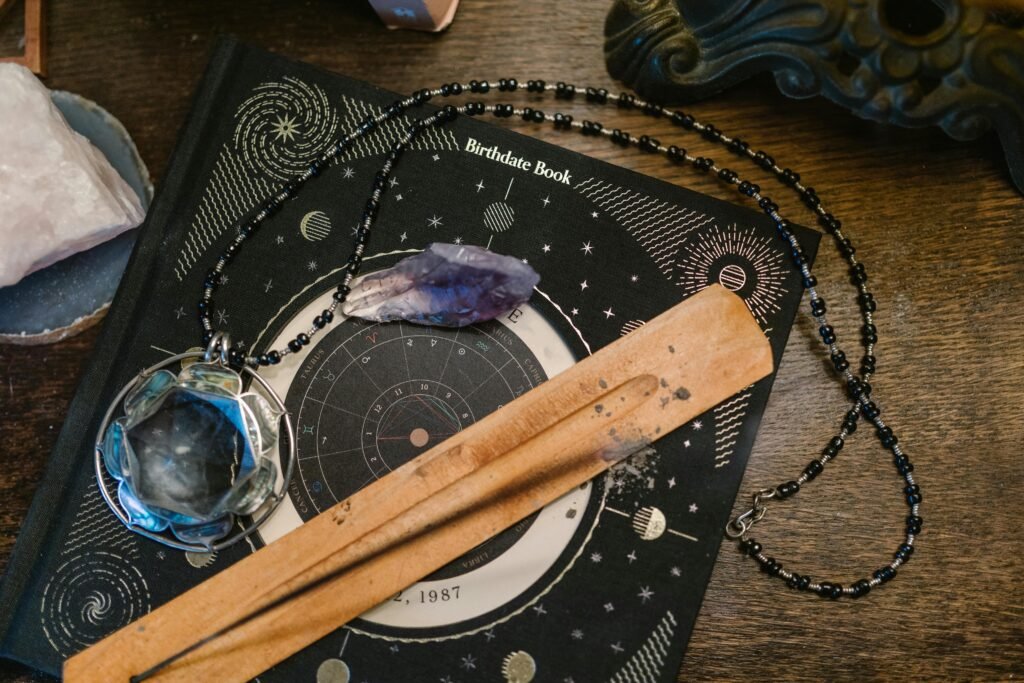
The fusion of artificial intelligence and astrology represents an exciting shift in how people interact with this ancient practice.
By introducing advanced technology into horoscope predictions, AI has made astrology more accessible, precise, and tailored to individual needs.
What was once a process requiring extensive expertise and manual effort has become something people can easily explore with just a few clicks.
This evolution is not only expanding astrology’s reach but also transforming how it is understood and experienced.
One of the most compelling aspects of this change is the level of personalization AI brings to astrology.
By analyzing factors such as birth details, planetary movements, and even user behavior, AI-generated predictions go beyond broad generalizations to deliver insights that feel uniquely relevant.
For many, this approach offers a fresh perspective, combining the timeless appeal of astrology with the efficiency of modern technology.
What’s perhaps even more intriguing is how AI’s involvement in astrology is encouraging people to think about the interplay between data and intuition, technology and spirituality.
The ability to generate real-time, data
driven readings doesn’t diminish the reflective nature of astrology; it enhances it by providing tools that make it easier to engage with and understand.
For those curious about exploring the stars, this innovation opens doors to a richer, more dynamic experience.
The potential for further advancements only adds to the excitement.
Whether through deeper predictive modeling or integrating astrology into the devices we use every day, the possibilities for growth seem endless.
As AI continues to refine its capabilities, the future could hold even more innovative ways to connect people with the cosmos and help them navigate their lives.
For readers who’ve ever wondered how technology could transform a practice so steeped in tradition, AI-powered astrology offers a compelling answer.
It bridges the gap between ancient wisdom and modern convenience, inviting users to see astrology not just as a glimpse into their future but as a tool for greater self awareness and discovery.
As the connection between artificial intelligence and astrology continues to grow, it’s an exciting time to explore what lies ahead; both in the stars and in the technology shaping how we understand them.
Try it Yourself: Your AI Horoscope prompt
Curious what happens when artificial intelligence plays Astrologer? Copy the prompt below, paste it into CHATGPT (or your favorite AI tool), and see what the stars have in store for you today:
Act as a modern astrologer who blends traditional zodiac wisdom with motivational coaching. Give me my daily horoscope for [Insert Your Sign]. Keep it uplifting, insightful, and end with one simple action step I can take today.
Pro tip: Try it three days in a row and notice if the themes align with how your week unfolds.
